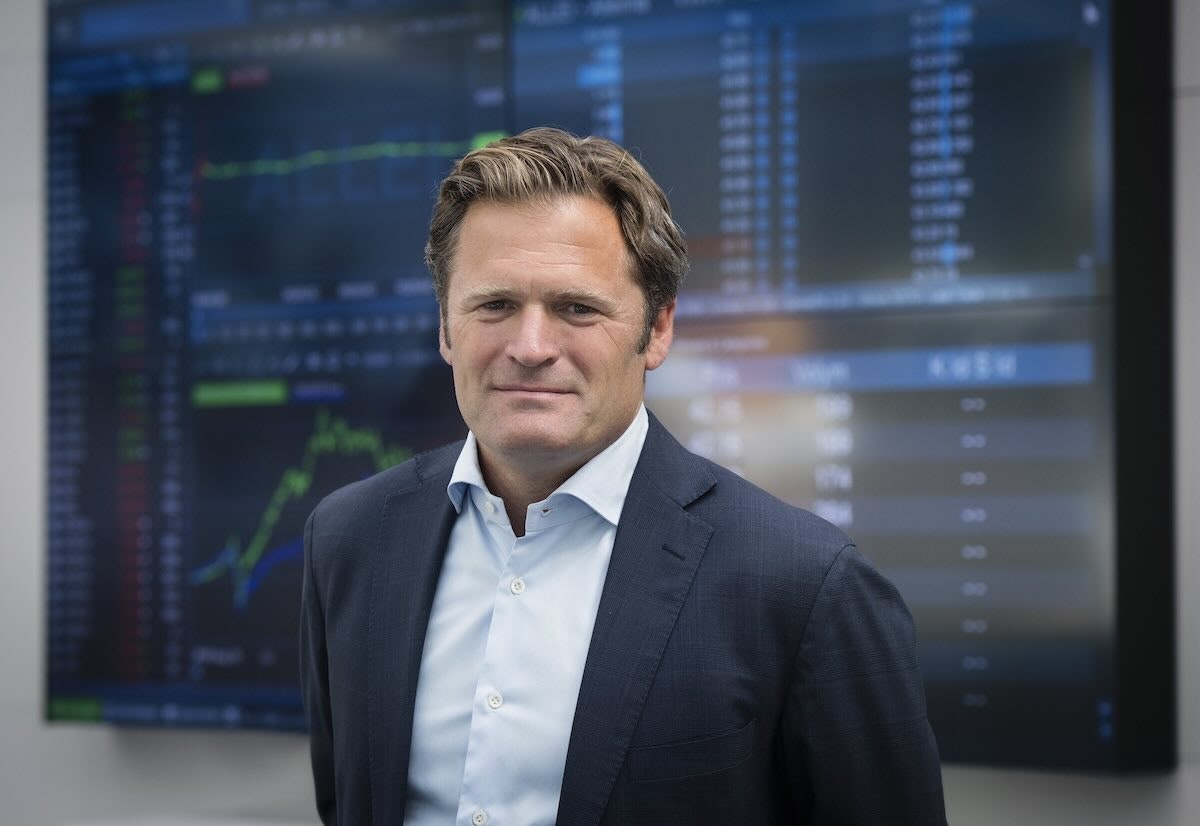French fintech Swan has defied Europe’s wider fintech funding slump, raising €37m in a Series B round led by Lakestar.
It comes two years after Swan raised its €16m Accel-led Series A in 2021, a far easier process given the current slowdown in fintech funding, Nicolas Benady, Swan’s CEO and cofounder, tells Sifted.
“But we still got our term sheet in four weeks,” he says. “I think it is like investing in Amazon two years after the dot-com bubble.”
Benady is hoping Swan will be to financial services what Amazon has been to ecommerce. Founded in 2019, Swan is part of an ‘embedded finance’ sector that analysts expect will be worth $51bn by 2026.
It is also the corner of fintech most favoured by VCs right now. Swan’s €37m all equity Series B term sheet has Lakestar as lead investor, with existing investors Accel, Creandum and Bpifrance all on board.
In this funding climate, that has been no easy feat. Those first three funds have barely been writing cheques this year. So, what are they betting on?
What Swan does
Embedded finance is an umbrella term that refers to companies that provide the infrastructure so that ecommerce and other software platforms can provide —or ‘embed’ — financial services, including payments, lending, insurance or even accounting, into their tech stack without having to build these themselves.
Management consultancy blogs and fintech newsletters have been awash with predictions for the rise of this sector for the last few years: indeed, a favourite dictum of fintech VCs is that “every company will be a fintech company”.
Known as “white label” financial services, embedded finance will allow brands to split customer payments into three, for example, without having to divert to Klarna or another provider for a loan.
Swan currently provides local IBAN accounts to companies, enabling debit card payments and account transfers. It does so with its e-money licence, which is passportable to 30 European countries.
It has a presence on the ground in France, Germany and Spain, and plans to open offices in Italy and the Netherlands.
Swan’s 100 clients are currently mostly made up of large startups — including PennyLane and Factorial, Benady says. Like most fintechs, he plans to upsell to enterprise companies in future. The company recently made its first move in this direction by working with Carrefour on providing cashback to customers.
With the fresh funding, Swan plans to double its headcount (currently 150) in the next two years.
The market
In future, Swan plans to extend its product offering to payment execution — which means it will directly take on payment giants like Checkout.com, Adyen and Klarna.
This will appeal to investors: if merchants can cut out the fees that these companies charge and use the same software provider (Swan) for all the financial services they provide, the pitch is that it will be cheaper and easier for them.
Further down the line, Swan also wants to move into lending and payments collection, Benady says.
“Ultimately, we want to become a big European tech bank,” Benady tells Sifted, adding that expansion to the UK is also on the agenda if Swan can secure a banking licence.



